Murder is
Pathological
By
P.M. Carlson
BLURB:
MURDER
IS PATHOLOGICAL (Maggie Ryan 1969)
The
exploding wastebasket is a prank, but slaughtered lab rats have graduate
student Maggie Ryan, Monica Bauer and the rest of the lab on edge. When the
custodian is murdered, actor Nick O'Connor goes undercover to investigate, help
that Maggie does not appreciate-- or does she? While Nick and Maggie search for
the killer, Monica struggles to connect with a veteran who was shot in the head
in Vietnam.
ADDITIONAL
INFORMATION
About
MURDER IS PATHOLOGICAL (Maggie Ryan 1969)
"[Carlson's] work offers a unique
combination of empathy for her characters, her sense of history, and her
ability to weave the social and political currents of the '60s and early '70s
into the stories." –– The Drood
Review of Mystery
"The vandal is elusive. When at last the
mystery is solved, the conclusion is stunning."––The Armchair Detective
Did the Vietnam war affect people like your characters
differently from the more recent wars in Iraq and Afghanistan?
Two
things seem to me to be especially important in the effect of the Vietnam war. First was the universal draft. Every young male drew a number, and had to
show up when it was called. There were
exemptions, for men with disabilities, for college students (until they
graduated), for national guard members, etc.
But any young man of that age, and all his friends and family, knew that
he could be sent to fight. So the war
was much more immediate to many more Americans than the Iraq and Afghanistan
wars. Today, with an all-volunteer
military, the friends and family of active-duty US soldiers are not spread
through the population, especially since the need for more troops is now met
only partly by new recruits. It’s also
met met by many soldiers who had expected to go home at the end of their tour,
and are forced to stay for another one, or two, or more.
AUTHOR INFORMATION:
P.M. CARLSON BIO
P.M.
Carlson
taught psychology and statistics at Cornell University before deciding that
mystery writing was more fun. She has published twelve mystery novels and
over a dozen short stories. Her novels have been nominated for an Edgar Award,
a Macavity Award, and twice for Anthony Awards. Two short stories were
finalists for Agatha Awards. She edited the Mystery Writers Annual for Mystery
Writers of America for several years, and served as president of Sisters in
Crime.
Author Website
http://www.pmcarlson.net:
Publisher Website:
http://www.crumcreekpress.com/carlson
Buy link (print, Kindle, Nook, other
e-books):
http://www.crumcreekpress.com/shop/
MURDER IS
PATHOLOGICAL 2-minute video chat
http://youtu.be/w_NkF8Uej4M
Personal comments on the background of MURDER IS
PATHOLOCAL
Follow the tour and leave a comment for a chance to win a $50 gift card! Enter in the form below!













































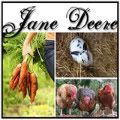
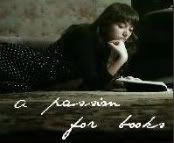
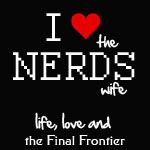
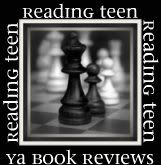


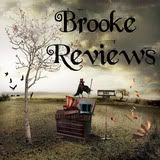



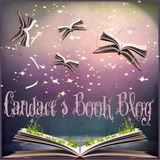










































8 comments:
It's good to visit Bookgirl Knitting! Thanks for hosting.
Thanks for hosting!
I like the suspense to reading mysteries - trying to solve it, wondering who dunnit.
I agree, Winnie. The mysteries I like best have danger and plenty of emotional ups and downs, but there's also a logical puzzle, and the reader can solve it too! I try to be fair and give the reader all the necessary clues, but I also try to hide them in a really engrossing story. That's win-win whether you guess it or not!
Really thought-provoking post!
vitajex(At)AoL(Dot)com
The story sounds very intriguing.
Kit3247(at)aol(dot)com
Thanks, Rita. My first job as a Cornell undergraduate was training rats for a psychology experiment. I got a hands-on appreciation of the work that goes into that research, from the theory and logic of the scientific experiment to the careful daily tending of the experimental animals. In this story the impressions of a scientist (Monica) and an artist (actor Nick) are combined to give a fuller picture of what they're trying to do and what can go wrong.
Thanks for your comments, and thanks to Bookgirl Knitting for hosting!
Post a Comment